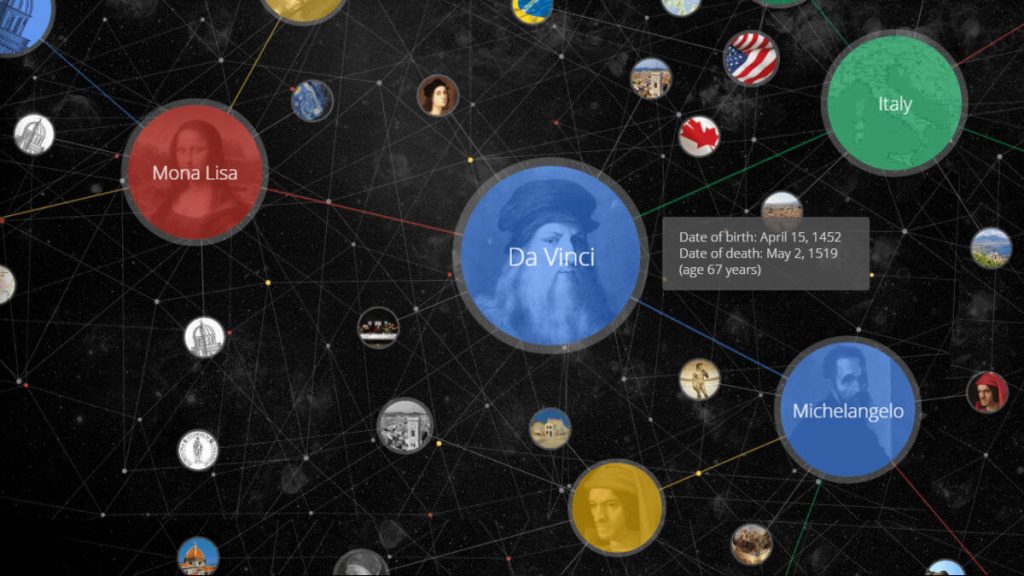In the dynamic world of search engine optimization (SEO), staying ahead of the curve requires a deep understanding of evolving concepts and strategies.
One such concept gaining prominence is Entity SEO.
This article explores what Entity SEO is, its relevance, the origins of the idea, its practical applications in day-to-day SEO, and its relationship with Google and search algorithms.
What is Entity SEO?
Entity SEO focuses on optimizing for entities—distinct, well-defined concepts or objects that are recognized and understood by search engines.
Unlike traditional SEO, which often revolves around keywords and backlinks, Entity SEO emphasizes the importance of understanding and optimizing content around specific entities like people, places, products, and concepts.
Quick example – stamp collecting!

“Stamp collecting” as an entity encompasses the hobby of collecting stamps, and search engines can identify it as a distinct topic with associated attributes and relevant content.
For instance, it could include information about the history of stamp collecting, famous stamp collectors, types of stamps, and related events or organizations.
By treating “stamp collecting” as an entity, search engines can better understand and contextualize content related to this topic, which can improve the relevance and accuracy of search results for queries about this hobby.
Another example – conspiracy theories!

As an entity, “conspiracy theories” refers to a specific category of beliefs or ideas that propose explanations for events or situations that are different from the official or commonly accepted narratives.
Search engines recognize “conspiracy theories” as a distinct concept with associated attributes and related content, such as famous conspiracy theories, their origins, proponents, and the sociocultural impact they may have.
This recognition helps search engines provide relevant and contextually appropriate results for queries related to conspiracy theories, whether users are looking for explanations, discussions, or critiques of these theories.
Anything that could be considered a topic unto itself could be considered an entity in relation to Entity SEO.
Origins of Entity SEO
The concept of Entity SEO stems from the broader development of semantic search, which aims to understand the context and intent behind user queries.
While the idea of entities in search has been around for some time, it gained traction with Google’s introduction of the Knowledge Graph in 2012.
Here’s an example of a Knowledge Graph, which illustrates the concept.

The Knowledge Graph is a system designed to enhance search results by understanding the relationships between different entities, allowing Google to provide more relevant and contextually accurate information.
Why Entity SEO is Relevant
Improved Search Relevance:
Entities help search engines understand the context of your content. By optimizing for entities, you improve the chances of your content being matched with relevant queries, enhancing the relevance and accuracy of search results.
Enhanced User Experience:
When search engines can better understand and deliver relevant information about entities, users receive more precise answers to their queries. This leads to a more satisfying search experience and can result in higher engagement with your content.

Semantic Search and Context:
As search engines become more sophisticated, they increasingly focus on understanding the context and meaning behind queries.
Entity SEO aligns with this trend by emphasizing the importance of contextual relevance rather than just keyword matching.
Practical Applications of Entity SEO
Optimizing for Entities:
Identify key entities related to your business or content.
For instance, if you run a bakery, entities might include specific products like “chocolate cake,” the bakery’s name, and local geographic locations.
Optimize your content to include these entities in a natural and contextually relevant manner.

Structured Data Markup:
Implement structured data (schema markup) to help search engines recognize and understand the entities in your content.
This markup provides additional context and can enhance your visibility in search results, including rich snippets and Knowledge Graph panels.
Content Strategy:
Develop content that addresses various aspects of the entities relevant to your audience.
Create comprehensive and well-structured content that covers topics related to the entities, providing valuable information and enhancing your content’s authority.
For example, guess which entity this website focuses on? Right – SEO!
Entity SEO and Google
Google has long been at the forefront of semantic search and entity recognition.
The introduction of the Knowledge Graph was a significant step in this direction, enabling Google to understand relationships between entities and provide more nuanced search results.
Understanding Entity SEO is crucial for aligning your content strategy with Google’s approach to search.
Knowledge Graph Integration:
Google’s Knowledge Graph relies on entity recognition to deliver rich, contextual search results. By optimizing your content for entities, you increase the likelihood of being featured in Knowledge Graph panels or related search features.
Search Intent and Context:
Google’s algorithms prioritize content that aligns with user intent and context. Entity SEO helps ensure that your content matches the specific entities users are searching for, improving your chances of ranking well for relevant queries.

Entity SEO and the Search Algorithm
Algorithm Evolution:
Search algorithms have evolved from simple keyword matching to more sophisticated systems that understand context, relationships, and entities.
Entity SEO aligns with this evolution by focusing on optimizing content around well-defined entities.
Contextual Relevance:
Algorithms now prioritize contextual relevance and semantic understanding.
By optimizing for entities, you enhance the contextual relevance of your content, making it more likely to be deemed valuable by search algorithms.
Content Relationships:
Search engines analyze the relationships between different entities within your content.
Ensuring that your content provides clear, relevant information about these entities helps search engines understand and rank your content more effectively.
Benefits of Understanding Entity SEO
Enhanced Visibility:
Optimizing for entities can lead to better visibility in search results, including features like Knowledge Graph panels and rich snippets.
This increased visibility can drive more traffic to your site and improve overall engagement.

Improved Relevance:
By focusing on entities, you align your content with the way search engines understand and categorize information.
This alignment enhances the relevance of your content, increasing the likelihood of ranking well for related queries.
Future-Proofing:
As search engines continue to advance, understanding and optimizing for entities ensures that your SEO strategy remains effective.
Entity SEO aligns with the ongoing shift towards semantic search and contextual understanding.
Conclusion
Entity SEO represents a critical advancement in the field of search engine optimization.
By focusing on optimizing content around specific entities and understanding how search engines recognize and interpret these entities, you can enhance your content’s relevance and visibility.
The concept, driven by Google’s Knowledge Graph and the evolution of search algorithms, aligns with the broader trend towards semantic search and contextual understanding.
Incorporating Entity SEO into your strategy not only improves your chances of ranking well in search results but also enhances the overall user experience.
As search engines continue to refine their algorithms and prioritize contextual relevance, understanding and optimizing for entities will become increasingly important for achieving SEO success.

